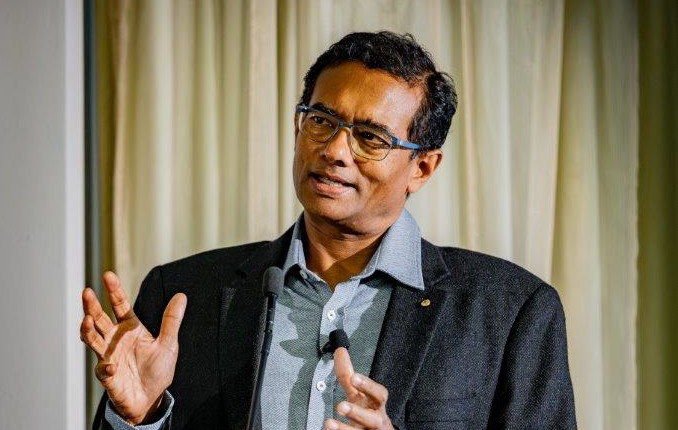Super funds spend much of their time on optimising investment strategies, but when it comes to retirement, members are better off optimising their access to their entitlements, including aged care and taxation, according to Peeyush Gupta
Register to Access this Exclusive [i3] Insights Article
Create a free account to access exclusive interviews with asset owners, revealing insights on investment strategies, market trends, and portfolio allocations.
If you already have an account you can Login .
If you have any issues registering an account please send us an email at [email protected].


